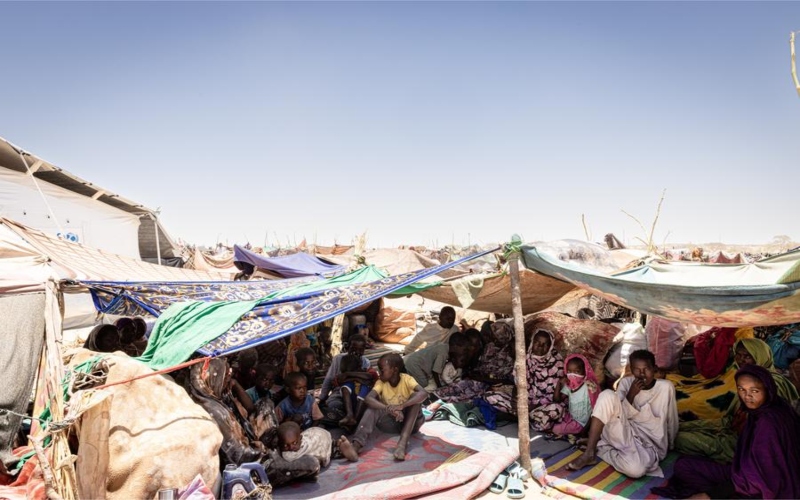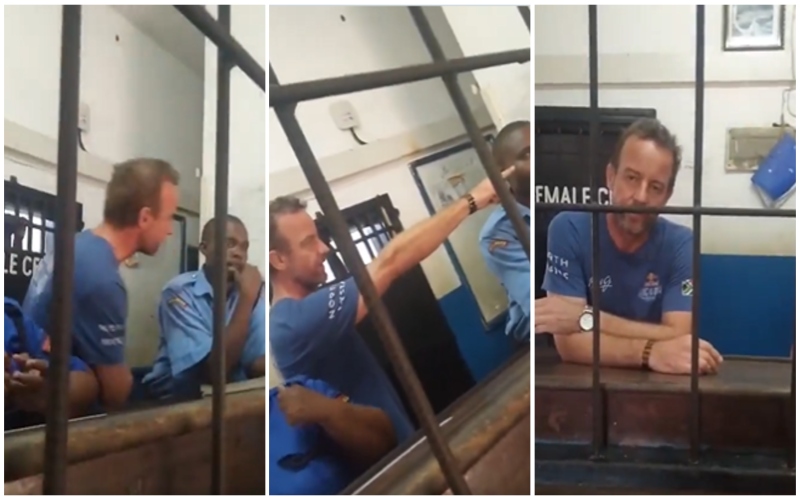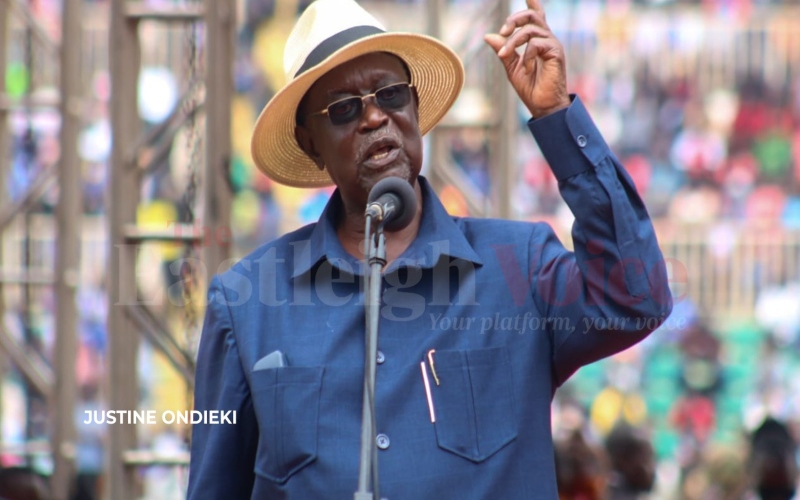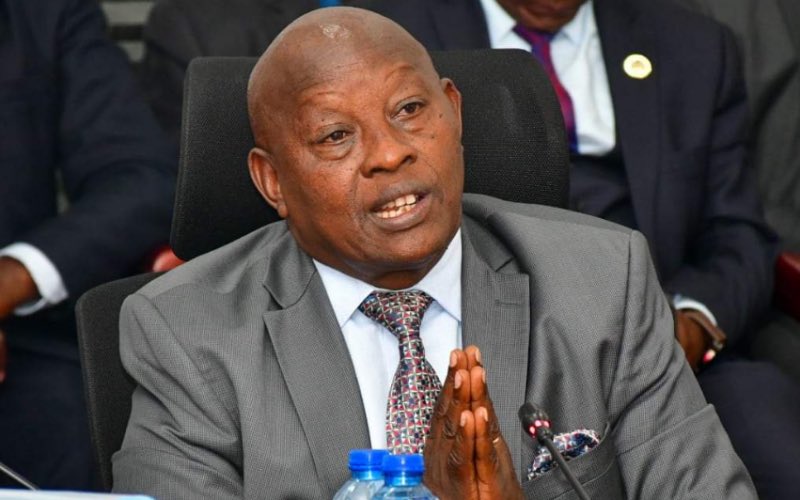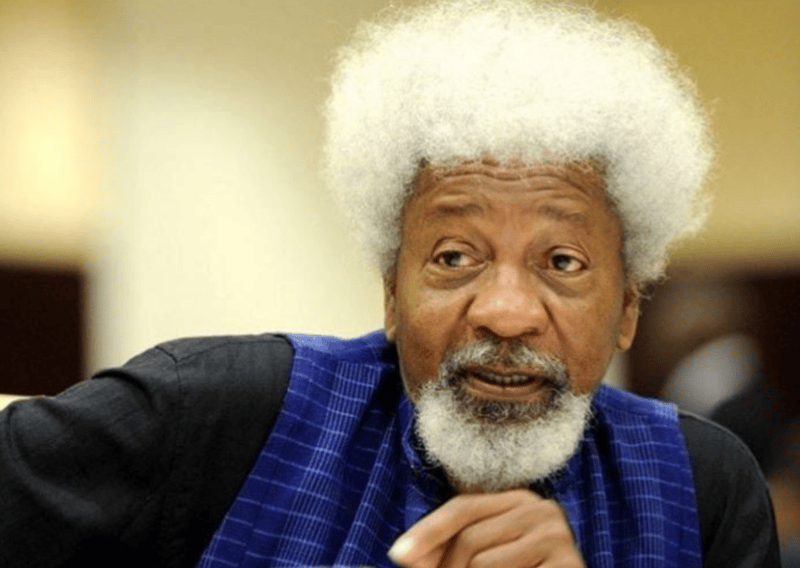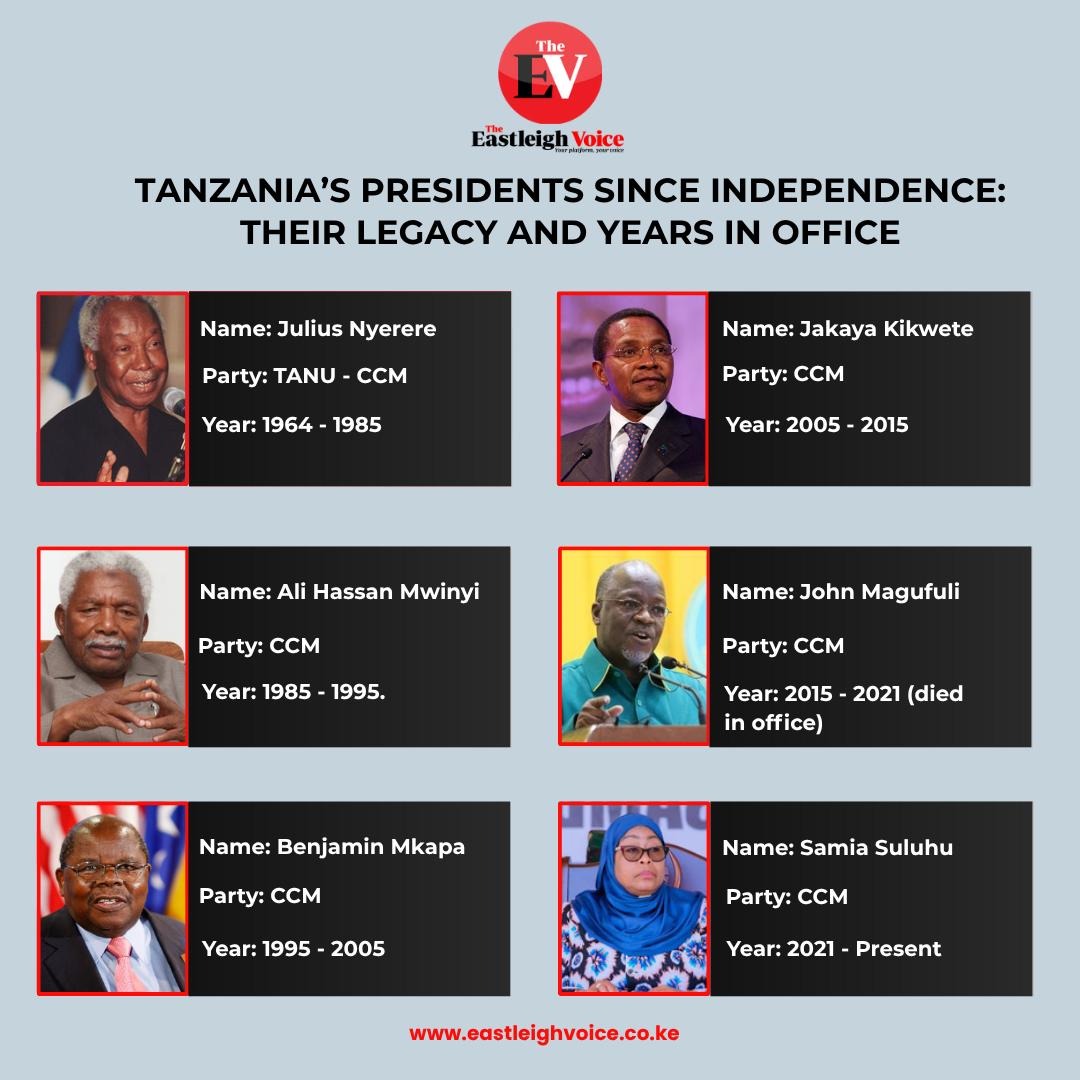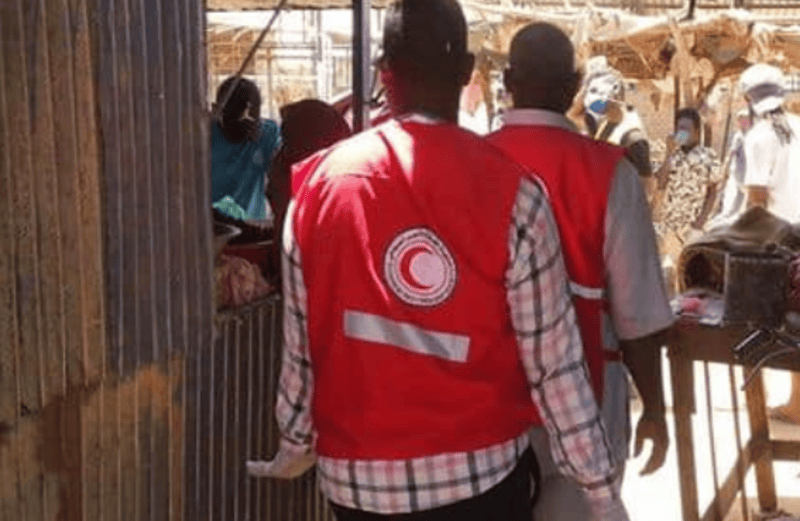State declares Paul Mackenzie's church an organised criminal group

The self-proclaimed pastor allegedly incited his followers to starve to death to "meet Jesus", in a case that provoked horror across the world, with the discovery of at least 429 bodies in mass graves in Shakahola forest, Kilifi County.
The government has declared that Good News International Ministries, a church led by alleged cult leader Paul Mackenzie, is an "organised criminal group".
Interior Cabinet Secretary Kithure Kindiki made the announcement in a Gazette notice on Wednesday, noting that the decision was "in exercise of the powers conferred by section 22 (1) of the Prevention of Organized Crimes Act".
More To Read
- Paul Mackenzie twisted Bible teachings to mislead followers, court told
- Kindiki’s office spends almost half of 2025/26 allocation within three months
- Kindiki: Kenya’s strength lies in unity, labour of its heroes
- DP Kindiki says Raila Odinga is safe, healthy and returning home soon
- Paul Mackenzie: Prison staff should stop giving me special treatment, it’s endangering my life
- Mystery deepens as most Kwa Binzaro bodies show no clear cause of death
The notice did not specify the effects of the State decision but, likely, Mackenzie is now barred from leading a congregation or conducting any activities under the Good News International Ministries banner.
The self-proclaimed pastor allegedly incited his followers to starve to death to "meet Jesus", in a case that provoked horror across the world, with the discovery of at least 429 bodies in mass graves in Shakahola forest, Kilifi County. He was arrested last April after the bodies were found on the 800-acre piece of land believed to be his.
Thus far, reports indicate the victims were 191 children and 238 adults. At least 23 victims have so far been identified.
Last week, Mackenzie and 38 of his co-accused persons were charged with child cruelty, torture and denying children the right to education.
The prosecution preferred 17 counts of child offences against the suspects, under the Children Act, 2012, the Prevention of Torture Act 2017 and the Basic Education Act 2013. The charges included two counts of subjecting a child to torture with an alternative count of assault causing actual bodily harm, nine charges of cruelty to a child, and six counts of infringing on a child's right to education.
All 39 denied the charges before Tononoka Children's Court Principal Magistrate Nelly Chepchirchir and were remanded to Shimo La Tewa prison pending their bail application hearing on February 15.
Kenya is a largely Christian country with at least 4,000 churches, hence a struggle to regulate unscrupulous churches and cults. Many have been accused of brainwashing their members and taking money from them.
Following the Mackenzie case, criticism mounted, with the public questioning the government on the existence and implementation of laws that should protect the public from such crimes. It also came to the fore that Mackenzie had in the past faced legal cases on allegations of extremism.
The Shakahola case forced the government to put tighter controls in place, starting with a commission of inquiry into Mackenzie and the activities of his church. Among the findings in a report the commission gave last October was that he faced radicalisation charges in 2017, on allegations of rejecting the formal education system and crafting his alternative. He was acquitted of the charges.
In 2019, Mackenzie was linked to the deaths of two children believed to have been starved and suffocated before being buried in a shallow grave in Shakahola. He was released on bail pending trial.
Kenya also set new rules for opening churches. Clerics are now required to have either a diploma or degree in theology from a recognised institution, and to present an affidavit sworn by an officer indicating whether they are registered members or officers of other religious societies and the names of such societies.
They must also obtain an introduction or recommendation letter from a registered religious society, signed by any two officers of the society, and provide documents including the national identity card, a Kenya Revenue Authority certificate, and a tax compliance or exemption certificate from each officer of the society as indicated in section 23 of the Societies Act.
Top Stories Today

